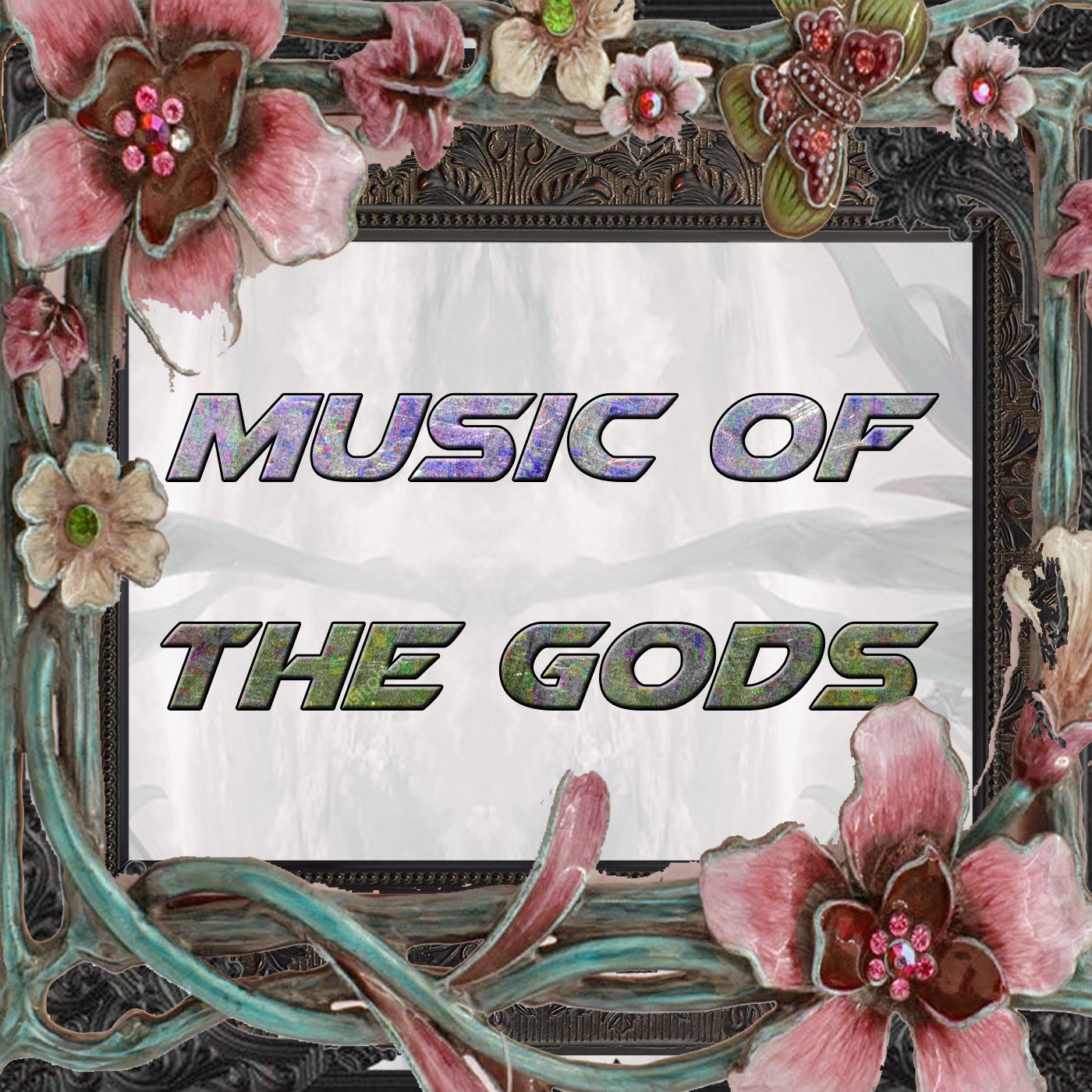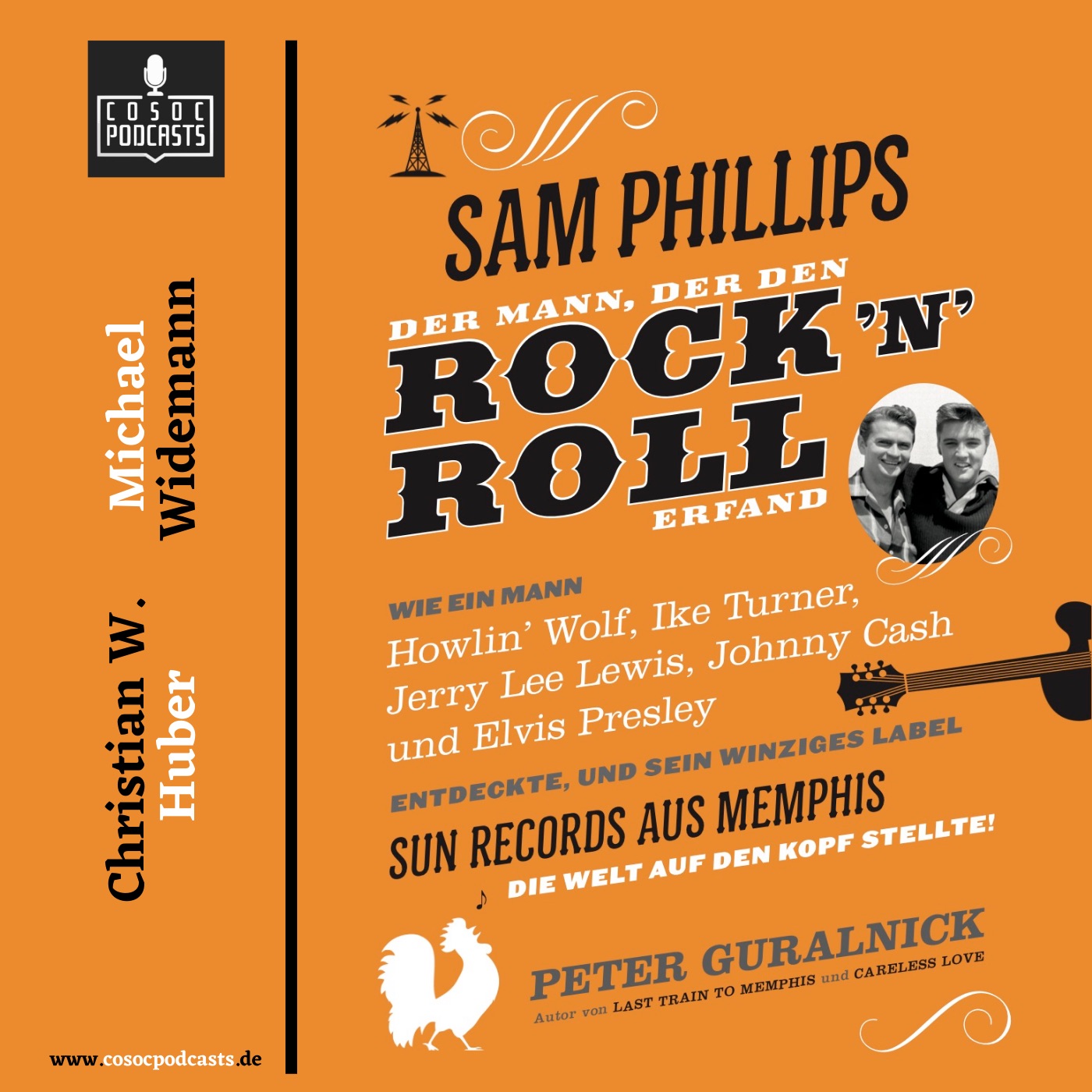 |
Composers DatebookAuthor: American Public Media
Composers Datebook is a daily two-minute program designed to inform, engage, and entertain listeners with timely information about composers of the past and present. Each program notes significant or intriguing musical events involving composers of the past and present, with appropriate and accessible music related to each. Language: en Genres: Music, Music History Contact email: Get it Feed URL: Get it iTunes ID: Get it |
Listen Now...
Orff's 'Trionfo di Aphrodite'
Friday, 13 February, 2026
SynopsisHappy Saint Valentine’s Day!On today's date in 1953, a new choral work by German composer Carl Orff received its premiere performance at the La Scala opera house in Milan, Italy. Trionfo di Afrodite was the title of the new work, intended to be the final panel in a triptych of choral works celebrating life and love. This triptych included Orff’s famous Carmina Burana, based on medieval texts, and Catulli Carmina, based on love lyrics by Roman poet Catullus.All three pieces were given lavish, semi-staged performances at La Scala, led by the Austrian maestro Herbert von Karajan, and with German soprano Elisabeth Schwarzkopf and Swedish tenor Nicolai Gedda as the star soloists. For the world premiere performance of Trionfo di Afrodite, Schwarzkopf and Gedda portrayed a bride and groom on their wedding night: the texts they sang were pretty hot stuff — if you understand Latin, that is!Triofi di Afrodite shows Orff’s indebtedness to Stravinsky, and his repetitive rhythmic patterns seem to anticipate the minimalist movement by several decades. At the 1953 premiere, Schwarzkopf’s husband, record producer Walter Legge, gently suggested to Orff that he might consider a few cuts to the new work. His response? “Oh, I know very well the effect of my rubber-stamp music!”In any case, Legge decided not to make a recording of the new work — which seems a shame, considering the all-star cast assembled at La Scala for its premiere!Music Played in Today's ProgramCarl Orff (1985-1982): Trionfo di Aphrodite












